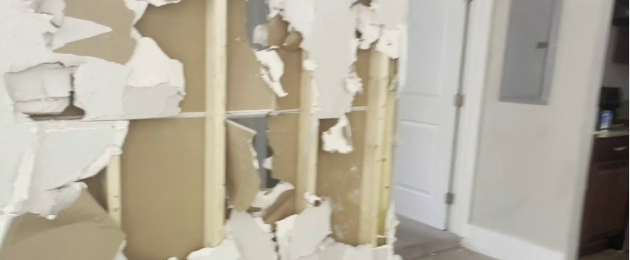Lawmakers in Tallahassee are responding to the issue of squatting, prompted by a legal loophole that made it more challenging to evict unwanted occupants compared to lawful tenants. The legislative initiative, House Bill 621, draws inspiration from the plight of Jacksonville homeowners who faced property damage and destruction by squatters, resulting in substantial financial losses. Patti Peeples, one homeowner, recounted an incident where a woman moved into her rental property in March, refused to leave, and claimed to be a victim of a rental scam. The lease, supposedly signed with someone named Christopher and found on Zillow, lacked legitimacy, as Zillow had no record of the property being for rent during that period.
Confronted with a potential scam, Peeples sought police intervention, only to discover that schemes involving fake leases are used by squatters to exploit legal protections and stay in residences unlawfully. Despite suspicions, proving the fraudulent nature of the lease proved challenging, and the squatters remained rent-free for 40 days. Peeples, expressing frustration at the lack of recourse, took her story public, catching the attention of Dade County state Rep. Kevin Steele. In response, Rep. Steele filed House Bill 621 in November, aiming to empower law enforcement to promptly remove squatters unable to provide a legitimate lease or rent payment records, with penalties proposed for those presenting fraudulent documentation.
The proposed legislation not only addresses the immediate concerns raised by Peeples but also seeks to abolish squatters’ rights in Florida, which currently allow individuals to claim ownership of a property after seven years of possession. This comprehensive approach aims to protect property owners from the financial and legal ramifications of squatting, providing a more robust framework for addressing such issues and preventing exploitation of legal loopholes.
As Peeples expresses gratitude for the potential impact of the bill, the legislation becomes a critical step in empowering property owners, offering legal and policy recourse to prevent situations where individuals feel unempowered in managing their homes and investments. The proposed changes underscore the importance of adapting laws to contemporary challenges, ensuring a fair and equitable balance between property rights and legal protections.

